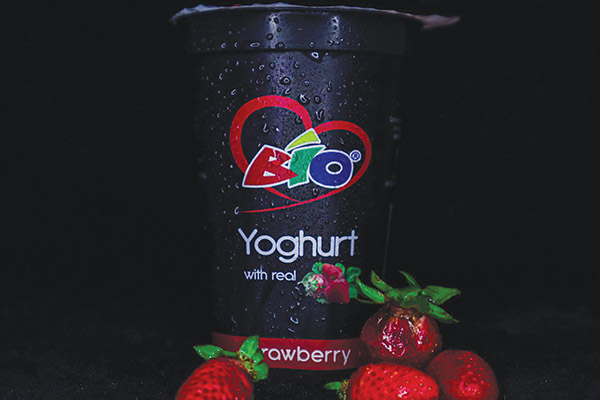#23
In 1989, grain-milling engineer Binoy Zachariah established Bio. Motivated by his love for superior quality dairy products, Binoy used his personal savings to set up the dairy plant in the backyard of a house in Langata Estate, Nairobi.
With over 30 years of consistent grain to glass quality production, Bio has established itself as a clean, healthy and innovative brand loved by many Kenyans. Its customer obsession is rooted in its diverse product portfolio that caters to each and every one of its customers, as well as its highly professional and ethical production process. Bio’s core products include different varieties of yoghurt, milk, cream, cheese and butter.
Bio yoghurt holds the distinction of being the company’s pioneering product. Available in a variety of flavours, the yoghurt is incubated for 10 hours to give it that full and creamy taste, and every batch is tested and tasted more than three times before it is ready for the market, guaranteeing the best quality, consistently.
Over the years, Bio has come up with new yoghurt types that better fit each customer’s changing needs and palates, especially as the world embraces taking on healthier lifestyles.
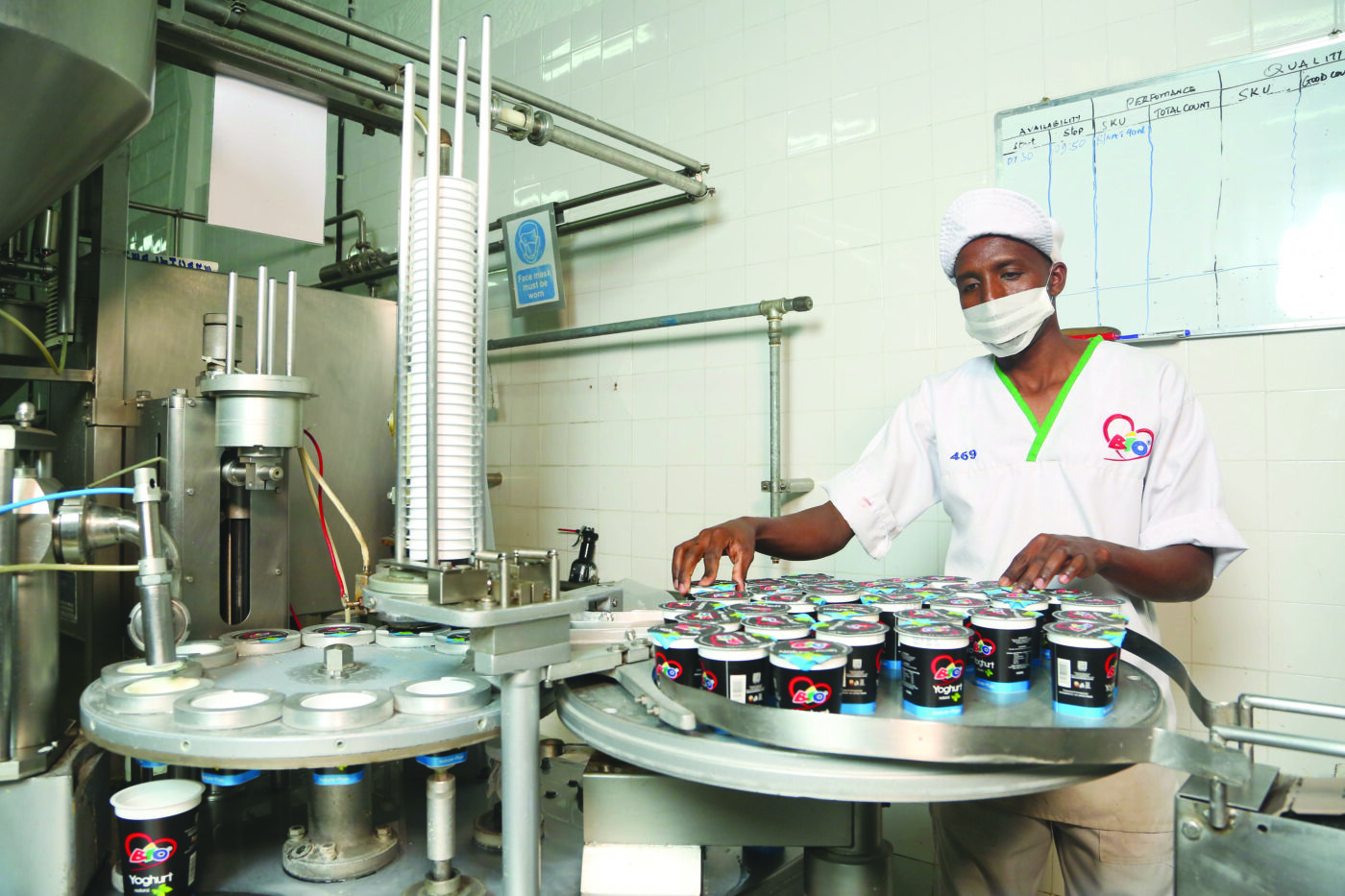
For instance, the newly introduced Bio Greek yoghurt is higher in protein, has less fat and sugar, and is thicker in consistency, giving it a filling effect.
In addition, to meet the demand of more people opting for plant-based alternatives, as well as cater to its lactose-intolerant customers, Bio has created Bio Non-Dairy Coconut Milk yoghurt that uses coconut milk as the basal ingredient.
Enriched with good bacteria to boost the immune system and aid in digestion, Bio Active Probiotic Yoghurt Drink is a delicious fruit yoghurt with real fruit that serves one with energy throughout the day.
In Bio’s endless quest to please its consumers, it created a totally new yoghurt concept. Bio Fruit on the Bottom has a rich mix of fruits at the bottom of the cup, covered by delicious Bio yoghurt.
For its younger customer-base, Bio Tinga Tinga yoghurt is lower in sugar content, hence perfect for the little ones.
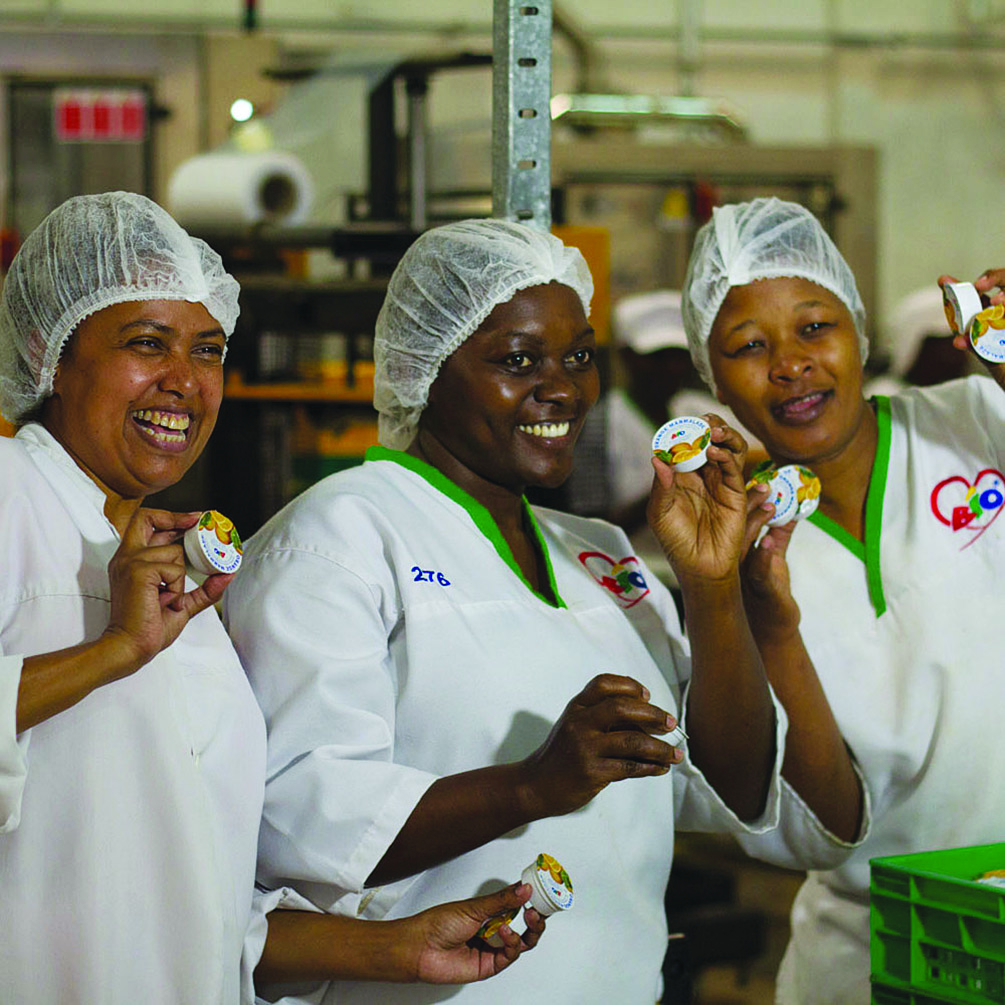
Bio’s milk range consists of Bio Fresh, Bio Maziwa Lala, Bio Longlife, Bio Lactose Free and the non-dairy alternative, Bio Coconut. In terms of cream, Bio produces Bio Whipping Cream, suitable for desserts, and Bio Cooking Cream, used in savoury dishes.
The company produces both fresh and mature cheese varieties. These include: Bio Mozzarella, Bio Halloumi, and Bio Paneer among the fresh cheeses; as well as Bio Gouda and Bio Cheddar among the mature ones. Finally, the company produces both salted and unsalted butter.
When it comes to production, Bio is confident that it uses only the cleanest and healthiest milk in Kenya. With a zero-tolerance policy for antibiotic traces and stringent rules relating to aflatoxin levels, Bio lives up to the World Health Organisation (WHO) standards. To ensure this calibre of handing is maintained, there are a number of steps followed.
Firstly, Bio pays its farmers incentives (per litre) based on the quality of milk sold. The cleaner and tastier the milk a farmer supplies, the higher the milk price Bio pays. This serves to encourage farmers to invest in better and healthier farming practices.
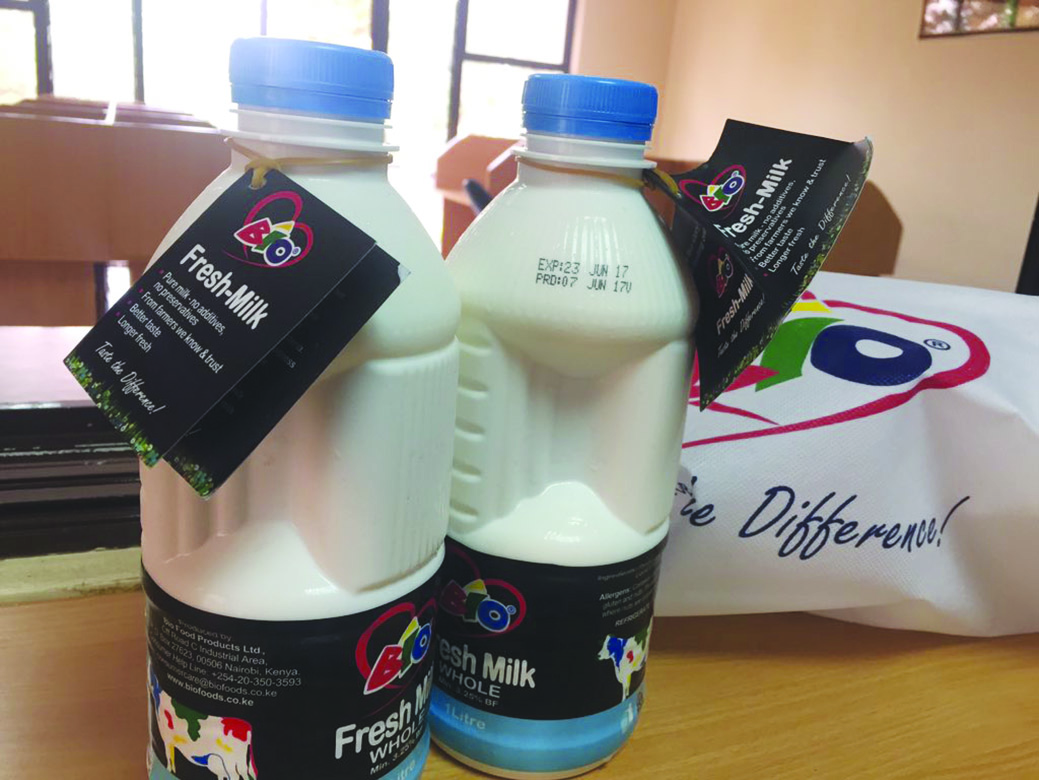
Furthermore, Bio milk is transported (chilled) from the farm in individual compartments, one per farm. Once it reaches the Bio plant, the milk is tested on 17 parameters. Only when the milk passes all the tests will it be approved for processing. By keeping the milk separate up until the point of testing, cross-contamination is completely avoided, keeping customers and their families safe.
Any milk that does not conform to Bio’s strict standards is rejected. Once the milk passes the Bio testing, it is pasteurised and homogenised in the dairy’s state-of-the-art facilities, stored in closely monitored cooling units before being loaded into refrigerated vehicles for delivery. Bio is certified by the International Organization of Standards under standard ISO 22000, regarded as the highest certification for food safety and demonstrates the importance Bio places on international quality standards.
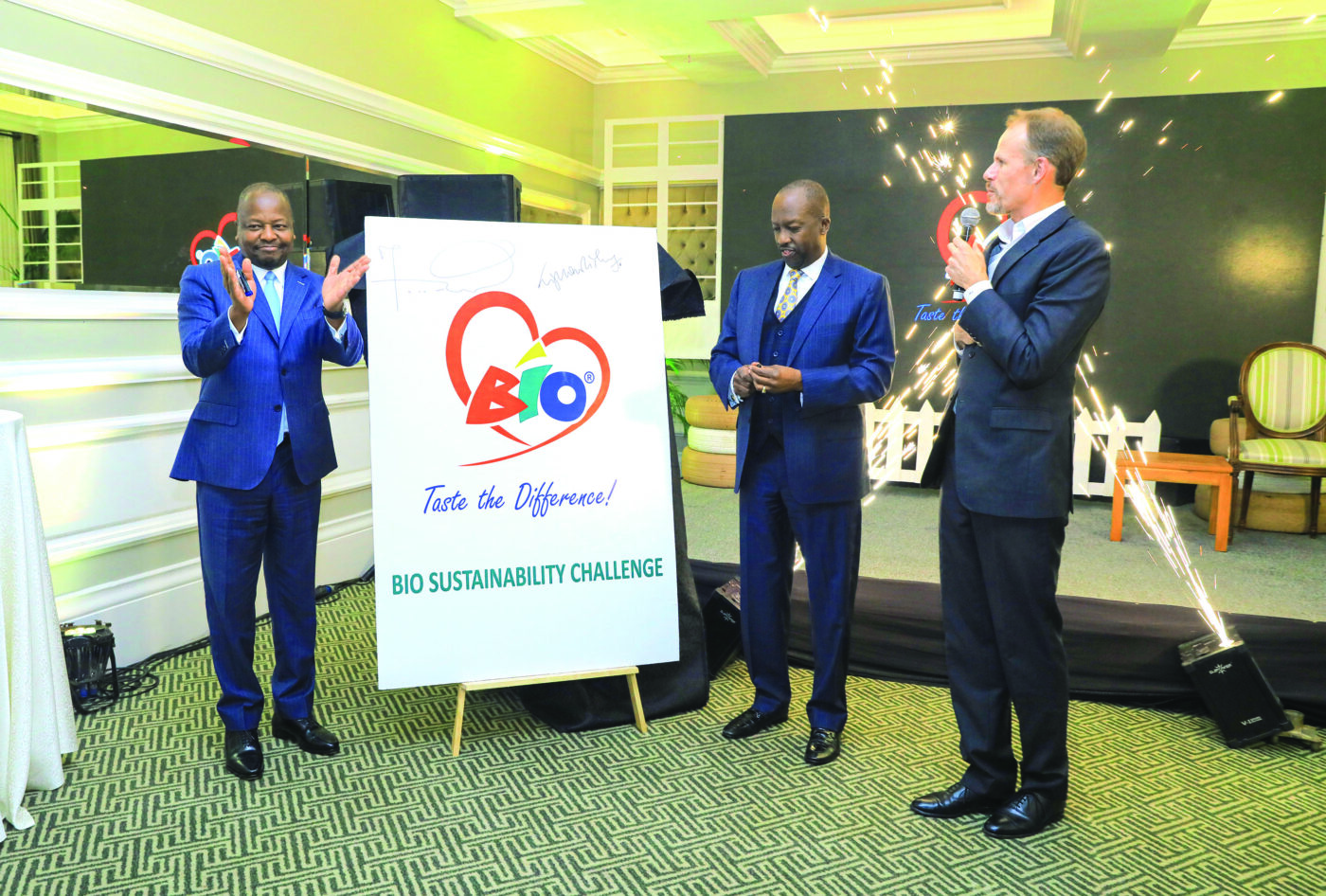
In addition, Bio has implemented a series of improvements to the eco-credentials of its packaging, in line with the need to conserve the environment. These include: Reducing the plastic in Bio milk bottles by 25 percent, and altering these bottles to be semi transparent, increasing their recyclability; manufacturing 100 percent of Bio yoghurt cups from repurposed plastic; and using biodegradable and compostable cheese packaging.
With an unwavering focus on customer obsession, Bio continually strives to exceed expectations by crafting unique, tailored offerings. Its dedication to high-quality manufacturing processes ensures that each product maintains the highest standards, providing consumers with an unparalleled experience.


